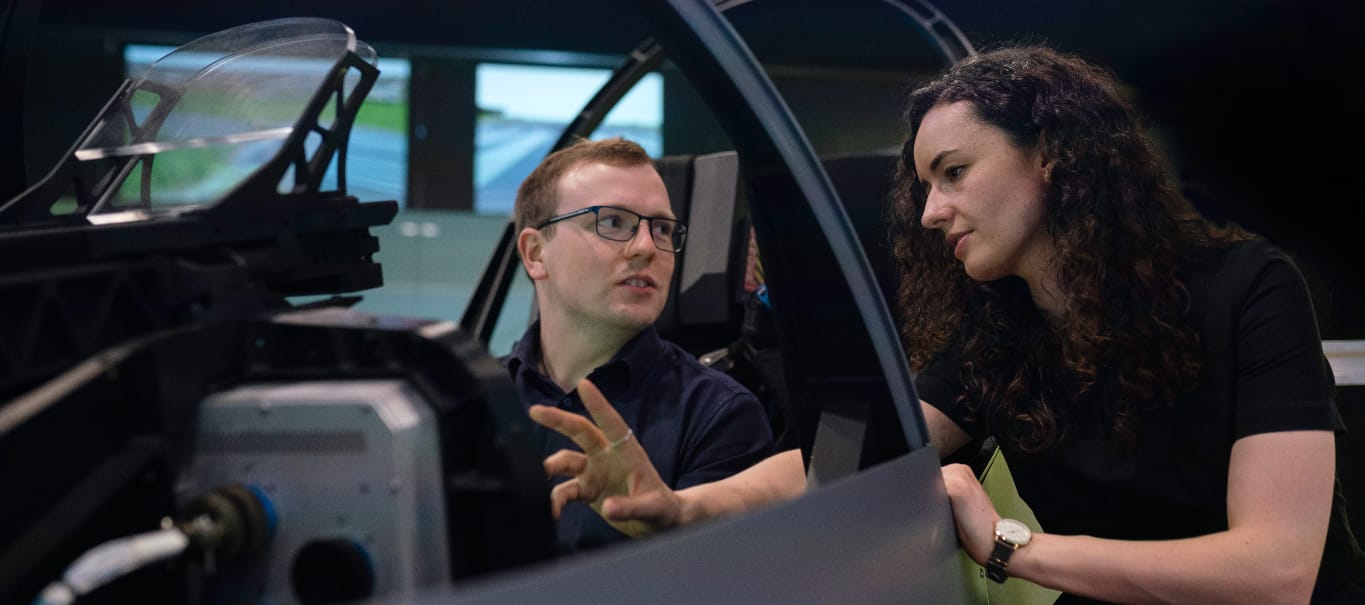What is engineering?
Engineering is the use of scientific principles (i.e. principle of relativity) to craft and design a range of different structures. Without the work of engineers, we wouldn’t have things like cars, aircrafts or robotics. Such developments have made engineering a highly valued career path.
One of the most exciting things about engineering is the wide range of sectors you can enter within this profession. Some projects that engineers are currently working on include: developing artificial intelligence to revolutionise the world of work, using light for internet communications, and designing prosthetic limbs.
What types of apprenticeships are there?
There are four different types of apprenticeships:
- Intermediate (Level 2) - equivalent to five good GCSEs/National 5s
- Advanced (Level 3) - equivalent to two A-levels/Scottish Highers
- Higher (Levels 4 and 5) - equivalent to a foundation degree
- Degree (Levels 6 and 7) - equivalent to an undergraduate degree or master’s at university.
The type of apprenticeship you can take depends on the qualifications you already have. For example, you won’t be able to take a Degree apprenticeship if you don’t have A-levels or GCSEs.
Which sectors offer engineering apprenticeships?
Aerospace engineering:
If you’ve always been interested by space and the solar system, you’ll enjoy a career as an aerospace engineer. Aerospace engineers can sometimes be called aeronautical or astronautical engineers, but their responsibilities are the same: designing and maintaining aircraft like space shuttles and rockets. The space industry is expected to skyrocket in growth recently, so there are a number of apprenticeship opportunities within the sector. The UK Space Agency, Airbus and the University of Leicester recently launched a Level 4 (foundation degree) space engineering technical apprenticeship. This provides students with technical skills like spacecraft manufacturing. Many household names also offer apprenticeships within the sector, like British Airways and Boeing.
Robotics and AI:
The future of Robotics and AI is incredibly exciting. Sectors like food and manufacturing are now using AI for jobs that are too difficult or monotonous for humans, with great results. Robotics engineers spend their time researching new ways to use robots and artificial intelligence, and developing prototypes of their ideas.
An apprenticeship in a robotics specialism is a great way to develop specialised technical skills, and show to employers that you’re interested in the field. Degree level apprenticeships include: software development, manufacturing engineering and electro-mechanical engineering.
Biomedical engineering:
A career as a biomedical engineer is the perfect way for you to combine an interest in physics and biology. Biomedical engineering applies the key concepts of engineering and physics to human biology, in order to improve overall health. Without the work of biomedical engineers, we wouldn’t have wheelchairs, prosthetic limbs or stem cell transplants. There are incredibly exciting new developments within the field, such as VR headsets to help teach medical students and telesurgery. You can enter the field via a healthcare science practitioner degree apprenticeship!
